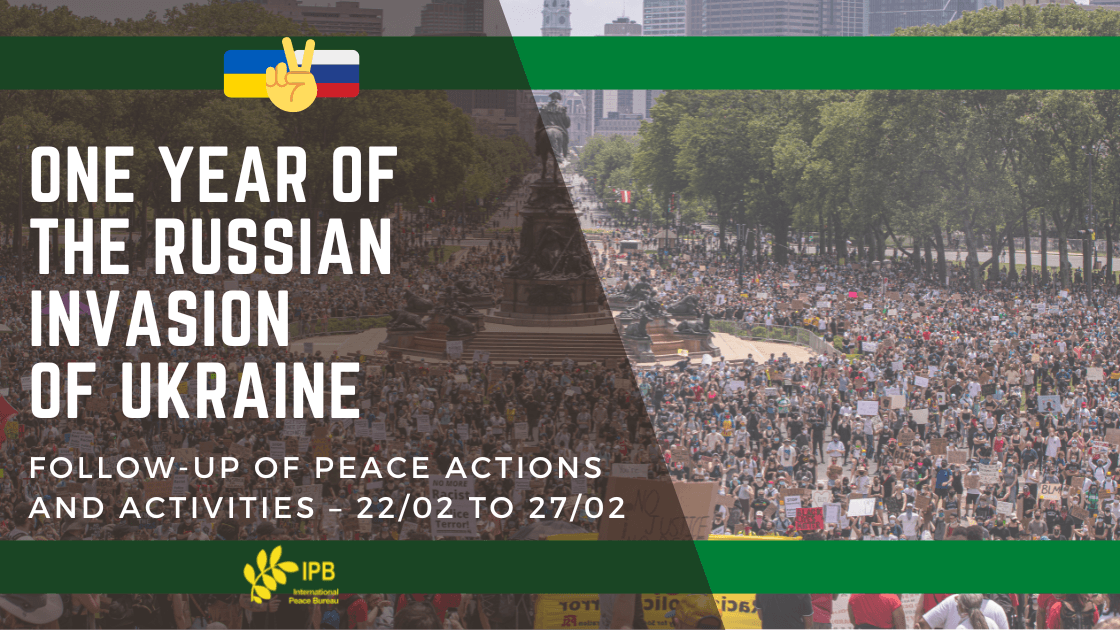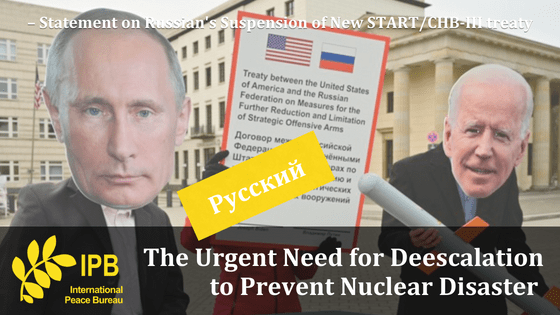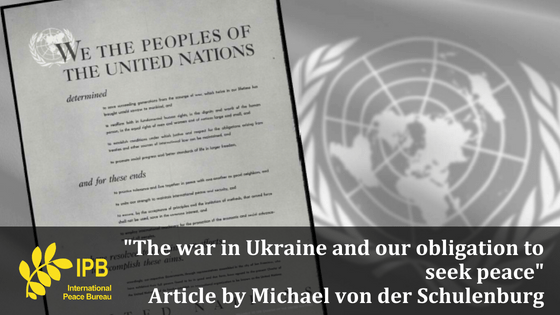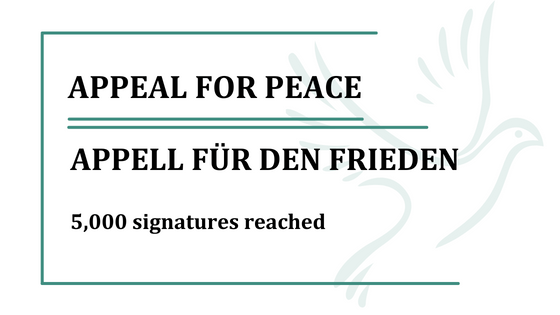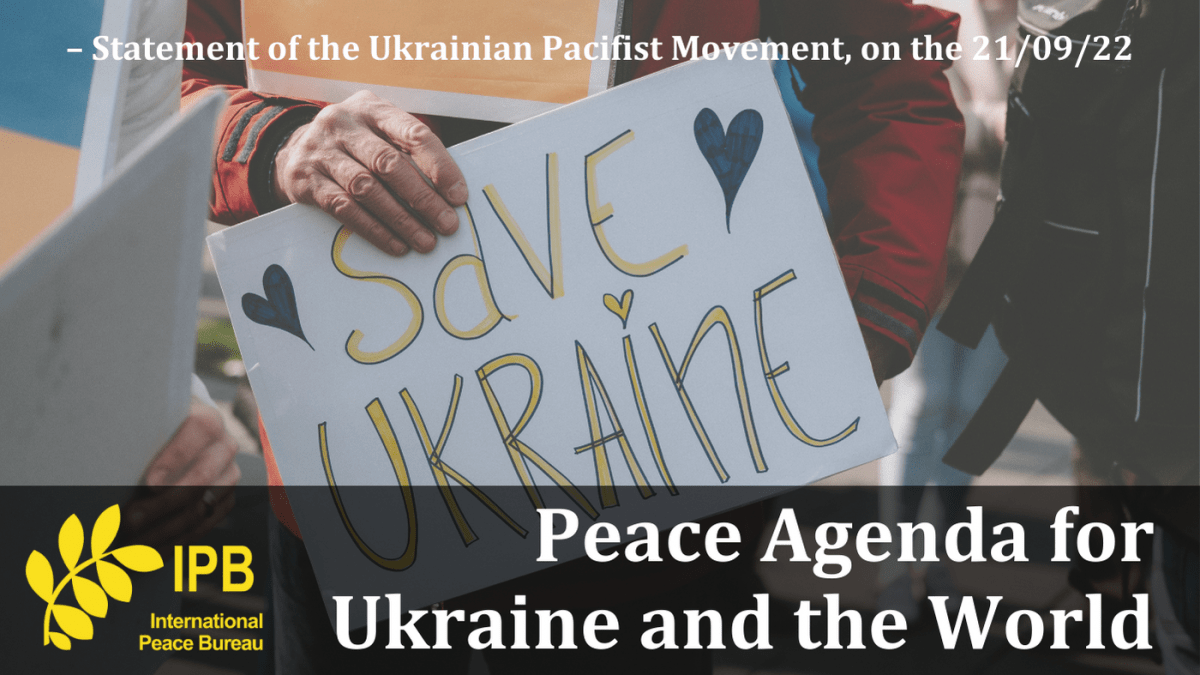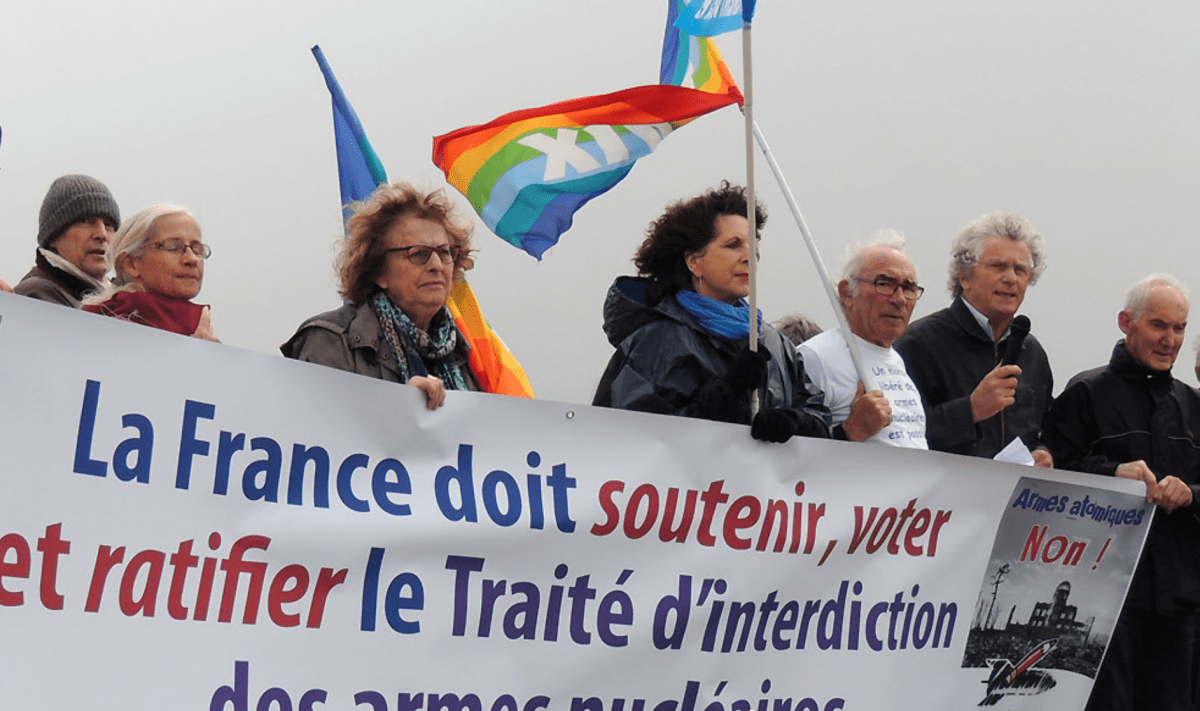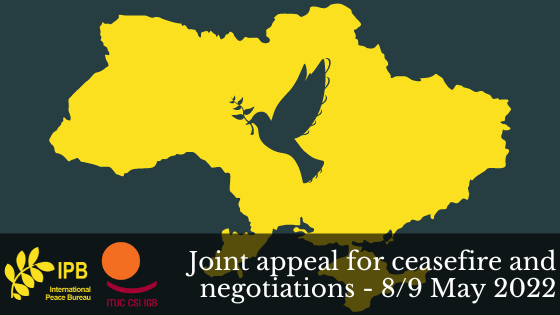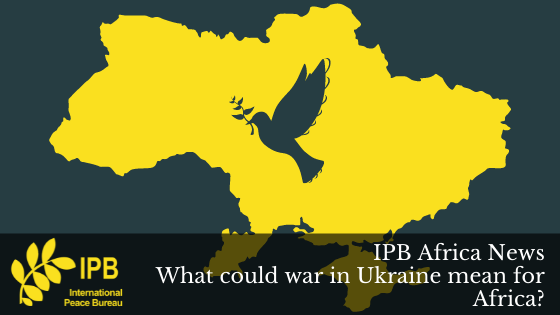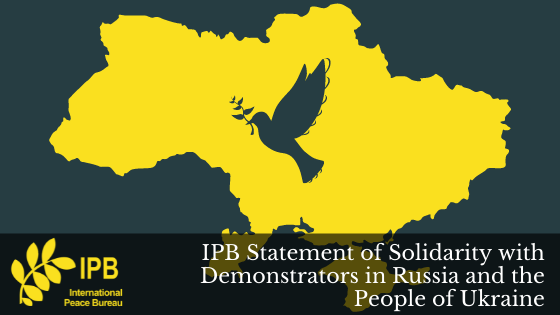February 24th, 2023 marks the 1-year anniversary of the war in Ukraine. After almost one year, weapons are still not silent. News are still dominated by new attacks and their humanitarian consequences. This cannot continue. Around the one-year anniversary of the Russian invasion of Ukraine, organizations and groups from the peace and disarmament movement organized actions all over the world to show solidarity with Ukraine and call for a ceasefire and negotiations.
We compiled many actions and demonstrations in a list made public to all:
01 year Ukraine – Peace Actions and Activities 22/02 to 27/02
Many of these events were also present on the page of Peace Initiatives of sbilanciamoci.info. It is worth following their page to be updated on their latest news.
Preliminary report on national activities in the ambit of Europe-For-Peace
Here you can find a preliminary report about activities on the occasion of the first anniversary of the Ukraine war. So far we have reports from Italy, UK/London, Belgium/Brussels, and Croatia/Zagreb. More reports from Germany, France, Spain, Portugal, Austria, and also Denmark might be added soon. We thank Martin Koehler for providing us with this preliminary report.
South Korea Action regarding 1 year of Russia’s invasion of Ukraine – PSPD
On February 23, on the occasion of the one-year anniversary of Russia’s invasion of Ukraine, 56 South Korean civil society organizations took action to condemn the Russian invasion and call for a ceasefire.
You can find the statement here (In Korean)
Our partners of PSPD in Korea are currently translating the statement into English. We thank Sooyoung Hwang for helping us with this translation.
PEACE IS OUR VICTORY
On February 23-24, 2023, the winter session of the Parliamentary Assembly of the Organization for Security and Cooperation in Europe (OSCE) happened in Vienna. The meeting coincides with the launch of the aggression of the Russian Federation against Ukraine.
During the OSCE session, representatives of the Austrian peace movement gather at the Vienna Hofburg and project their demand for peace in Russian, Ukrainian, English, and German on the façade of the building complex where the delegates meet: “Peace is our victory”.
Here you can find the photos:
https://www.transform-network.net/blog/article/peace-is-our-victory/
https://www.european-left.org/campaigns/peace-is-our-victory/
https://twitter.com/ChrisNineham/status/1629147946242514945/photo/1
We thank Katerina Anastasiou from transform! Europe with this information on the activities in Vienna.
1,000 march in Helsinki to demand peace in Ukraine
Provided by our partners at Peace Union of Finland, here we have the register made by Yle News webpage.
“Events marking the anniversary of the Russian invasion of Ukraine continued in Helsinki on Saturday. Following a candlelight vigil on the steps of Helsinki Cathedral on Friday, there was a procession through the capital on Saturday afternoon calling for an end to the war and supporting those suffering due to it. […] ‘There are Ukrainians, Russians, and Finns here, and it seems that some foreign tourists have also joined,’ an organizer told Yle.”
We thank Laura Lodenius from the Peace Union of Finland for this information on the activities in Helsinki.
IPB Webinar – 365 Days of War in Ukraine: Prospects Towards Peace in 2023
One year after the beginning of the Ukraine war – the International Peace Bureau in cooperation with the Peace in Ukraine Coalition (USA), Movement de la Paix (France), CND (UK) and Transform! Europe held an international webinar to bring together different voices from different countries to discuss a lasting peace in Ukraine and the way towards it.
- Introductory words by Michael von der Schulenburg, a former UN/OSCE diplomat who also participated in the development of the Vatican peace plan;
- Afterward, both Ukrainian and Russian activists will share their perspectives on the ongoing situation, including Oleg Bodrov (Public Council of the Gulf of Finland), Karyna Radchenko (100 Words for Peace), and Yurii Sheliazhenko (Ukrainian Pacifist Movement).
- A roundtable discussion by different peace activists – including Corazon Valdez Fabros (IPB Co-President), Reiner Braun (former IPB Director, Germany), Lindsey German (Stop the War Coalition, UK), Alain Rouy (Movement de la Paix), Francesco Vignarca (Rete Italiana Pace e Disarmo, Italy), Medea Benjamin (CODEPINK) and Kate Hudson (CND) as moderator.

